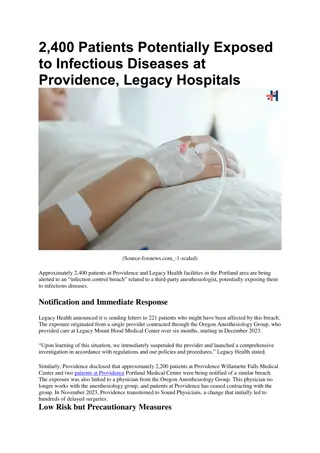
Tobacco Mosaic Virus: Symptoms, Prevention, and Control
Learn about the highly infectious Tobacco Mosaic Virus (TMV), its symptoms like mosaic-like patterns on leaves, stunted growth, and how to manage this economically significant plant virus affecting tobacco, tomatoes, and peppers.
Download Presentation

Please find below an Image/Link to download the presentation.
The content on the website is provided AS IS for your information and personal use only. It may not be sold, licensed, or shared on other websites without obtaining consent from the author. If you encounter any issues during the download, it is possible that the publisher has removed the file from their server.
You are allowed to download the files provided on this website for personal or commercial use, subject to the condition that they are used lawfully. All files are the property of their respective owners.
The content on the website is provided AS IS for your information and personal use only. It may not be sold, licensed, or shared on other websites without obtaining consent from the author.
E N D
Presentation Transcript
Viral Disease T Tobacco Mosaic Virus by Dr. Subrata Giri
Introduction Tobacco mosaic virus (TMV) is a highly infectious plant virus that affects a wide range of plants, including tobacco, tomatoes, peppers, and other members of the nightshade family. It was the first virus to be discovered and is considered one of the most economically significant plant viruses globally. TMV is named after the mosaic-like patterns it creates on the leaves of infected plants, leading to visible discoloration and reduced plant health
Symptoms Mosaic-like patterns on leaves (light and dark green irregular patches). Stunting and reduced plant growth. Curling and distortion of leaves. Necrosis, leading to necrotic streaks or spots. Yellowing and mottling of leaves. Fruit deformities in some infected crops. High contagion through plant contact and insect vectors.






